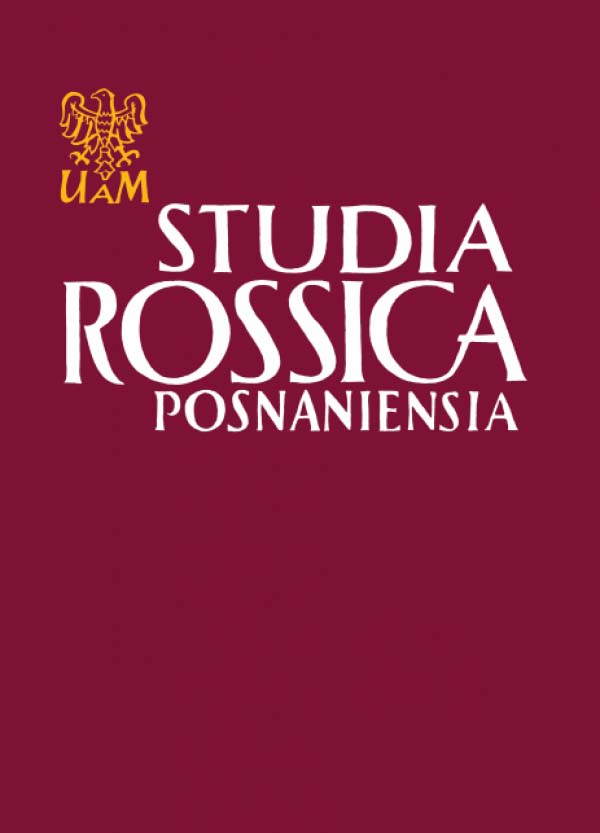СИСТЕМНЫЕ ОТНОШЕНИЯ В ПРЕДЕЛАХ ОДНОЙ ЛЕКСИКО-СЕМАНТИЧЕСКОЙ ГРУППЫ (ПО МАТЕРИАЛАМ ХУДОЖЕСТВЕННОЙ ПРОЗЫ М. ГОРЬКОГО)
THE STUDY OF SYSTEM RELATIONSHIPS IN A LEXICAL-SEMANTIC GROUP (BASED ON M. GORKI'S ARTISTIC PROSE)
Author(s): Julija JazikovaSubject(s): Language studies, Language and Literature Studies, Philology
Published by: Uniwersytet Adama Mickiewicza
Summary/Abstract: The article presents an analysis of semantic relationships in a group of verbs denoting the change of solid into liquid under the influence of heating. In Russian the mentioned group of verbs consists of three itoms: таять, топиться and плавиться. The semantic distinction is made according to the amount of heat necessary to awoke melting. The differences between таять and плавиться are most evident, whereas the verb топиться according to the Dictionary Section of the Institute of Languages of the U SSR Academy of Science, is equally semantically related to the two verbs mentioned above. Nonetheless, all the three verbs are widely used and their range of meaning is different. In Gorki’s artistic prose neither the verb топиться nor its derivatives have been used. The verb таять is used instead. Топить which is a transitive verb, goes together with таять as far as their voice is concerned. Therefore, various ways of changing solid into liquid are denoted by the two verbs: таять and плавиться. The differance in meaning between таять and плавиться lies not only in the amount of heat necessary for melting but also in the intensity of the process of change. Таять denotes a slow gradual change of solid into liquid in not very high temperature, whereas плавиться a quick sudden change in high temperature. Gorki’s language is characterized by close relationships of meanings within polysemy. An example of this is the mentioned group of verbs and their derivatives. In the artistic prose of Gorki we are concerned with a lexical-semantic group of words within which close semantic relationships are different than those in everyday language. Lexical-semantic groups of literary and everyday language differ qualitatively as well as quantitatively.
Journal: Studia Rossica Posnaniensia
- Issue Year: 3/1972
- Issue No: 1
- Page Range: 91-99
- Page Count: 9
- Language: Russian

